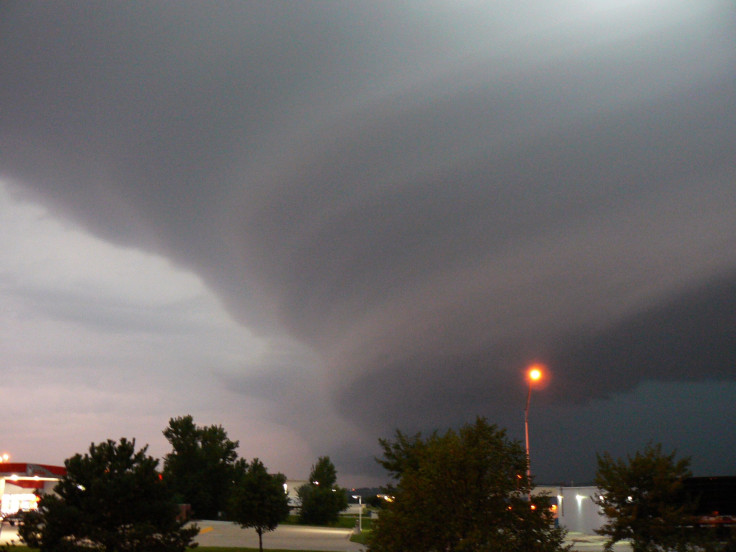Yes, Humans Can Know What Will Happen Before It Does: Study

You've probably played this hypothetical game once or twice in your life: if you could have one superpower, what would it be? Inevitably, the topic of seeing into the future enters the discussion, and people debate the merits and drawbacks of such a power before moving onto a different conversation topic. But do humans actually have the ability to predict events before they happen? One meta-analysis believes that, yes, people do have that ability - and you probably have it right now.
It's not necessarily extrasensory perception (ESP) or using deductive reasoning skills to note that the clouds rolling into the area forebode a storm. Researchers believe that the feeling of "presentiment" can be based on physiological clues that biology alone cannot explain. The study - from researchers at Northwestern University; the University of California, Irvine; and the Universita di Padova in Italy - looked at 26 studies on the subject that had been conducted between 1978 and 2010.
According to the paper, people were consistently able to anticipate an event. The researchers offered several possible reasons: maybe it was "sensory cueing", where the interviewer inadvertently gave away some information; inaccurate sensor readings; or the previous studies crunched their numbers incorrectly. But, based on the information that the researchers had, they were led to believe that the phenomenon existed.
For example, the researchers said, a person who is sitting at their desk in the office and playing a video game with headphones on cannot hear the footsteps of their boss walking down the hallway. "But our analysis suggests that if you were tuned into your body, you might be able to detect these anticipatory changes between two and 10 seconds beforehand and close your video game," said Julia Mossbridge, the lead author of the study, in a statement. "You might even have a chance to open that spreadsheet you were supposed to be working on. And if you were lucky, you could do all this before your boss entered the room."
Mossbridge is hesitant to call the feeling "presentiment" though. She said, "I like to call the phenomenon 'anomalous anticipatory activity'. The phenomenon is anomalous, some scientists argue, because we can't explain it using present-day understanding about how biology works; though explanations related to recent quantum biological findings could potentially make sense. It's anticipatory because it seems to predict future physiological changes in response to an important event without any known clues, and it's an activity because it consists of changes in the cardiopulmonary, skin and nervous systems."
The study was published in the journal Frontiers.



























